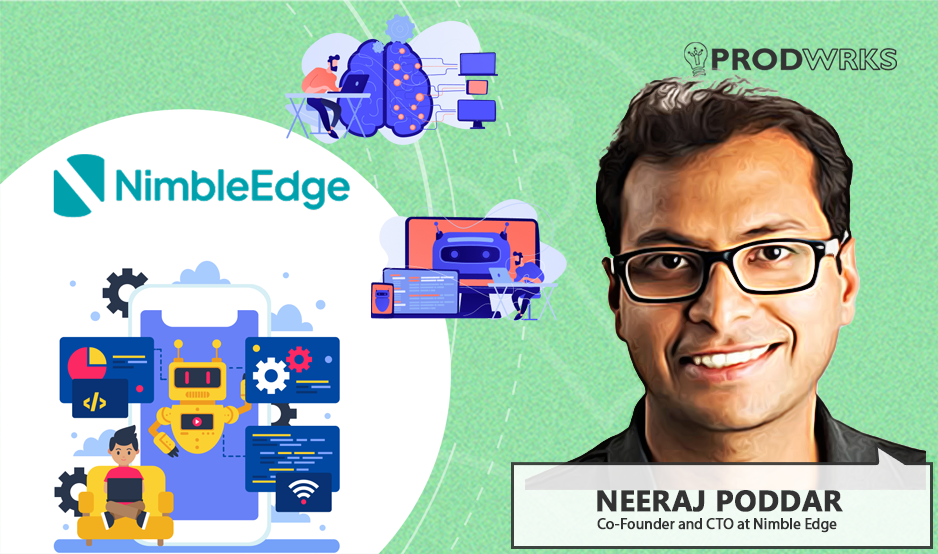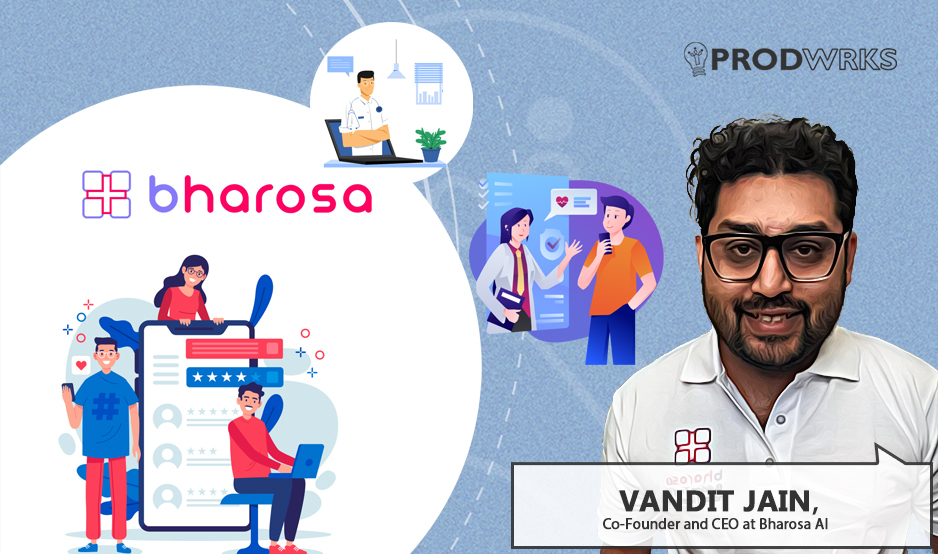
If a child wants to learn dance, singing, or theatre, there is no shortage of academies and training centers to choose from. But what if their interest lies in space, rockets, or aeroplanes? Beyond the boundaries of academic classes, the options suddenly get bleak. So, where exactly does a parent take a child who dreams of a future in aerospace?
This is the gap that Vaayusastra seeks to bridge. Founded by Jagadeesh Kanna, this aerospace education startup introduces children to the world of aeronautics and space science through a unique blend of classes and workshops that utilise the power of storytelling and theatre. By weaving creativity with science, Vayusastra makes complex aerospace concepts accessible and exciting for young learners.
Vaayusastra’s journey began in 2018 when it secured ₹10 lakh in seed funding from the Rural Technology Business Incubator (RTBI) at IIT Madras. Since then, it has grown into a recognized ed-tech and educational research brand in the field of aeronautics and aerospace. Notably, Vaayusastra has also been officially recognized by ISRO as a registered space tutor for their commitment to inspiring the next generation of aerospace enthusiasts.
How Vaayusastra Took Flight?
A friend noticed Jagadeesh’s workshops and suggested he approach IIT’s Rural Technology and Business Incubator, which supports innovative educational ideas. There, a simple question changed everything: “What problem are you solving?”
Jagadeesh realized that he was creating a structured way for children to explore aerodynamics.
Vaayusastra was born, an educational initiative that turned years of experience, curiosity, and passion into a platform where children could touch, build, and learn the principles of flight firsthand.
Breaking the Classroom Mould
"As a teacher, when I go inside a classroom, the first rule I say is don't call me Sir or Ma'am, call me ‘Jaggu the monkey’," Jagadeesh explains with evident enthusiasm.
"Most of the students are scared of these teachers. Say if there are forty students in a classroom, thirty, thirty-five students are scared of this teacher," he observes. "I need to break that."
From Newton's Laws to Paper Planes
"The rocket flies with the help of Newton's third law. The aircraft is controlled, the control system works with Newton's third law," he explains. "So the practical implications of whatever they learn are not fed into the student's mind, and that's what I find lacking in the current education system."
Democratizing the Sky
"There are some technologies which are usually kept classified, say, only if I have only so much money, I can learn this technology," he argues. "I can build rockets only if I have a few crores. I can learn piloting only if I say fifty lakhs or forty lakhs."
"Whatever I learned in my bachelor's, master's degree, or PhD, I can teach you something better," he promises. "I'll help you to understand how to identify a problem statement and solve it using aeronautics and aerospace."
Vaayusastra now serves students from grade one through college level, with a curriculum spanning twelve years. Schools initially invite Vaayusastra for after-school activities, but many eventually integrate it into their regular curriculum or create dedicated innovation hours.
Jagadeesh’s ultimate vision extends far beyond Indian classrooms. His goal isn’t just education, it’s transformation at scale.
"One Abdul Kalam, one Abraham Karam, one Elon Musk, or one Wright brother could take humans to the next level," he reflects. "So instead of creating one Abdul Kalam or one Abraham, I can create a thousand Abdul Kalams and a thousand Abrahams."
Challenges in the Clouds
"Not everyone is Jagu super monkey," he admits with characteristic humor. "Holding up my staff, technical staff, getting the passionate teacher is a problem."
"When we approach investors, they are mostly concentrated on deep tech or a product company," he notes. "They won't be interested in investing in a human-based company."
The Final Frontier
"Thousand people can transform this entire space of education. Take the human to the next level," he envisions. "There's so much more they can come up with. They'll become the decision makers of the future space industry."



